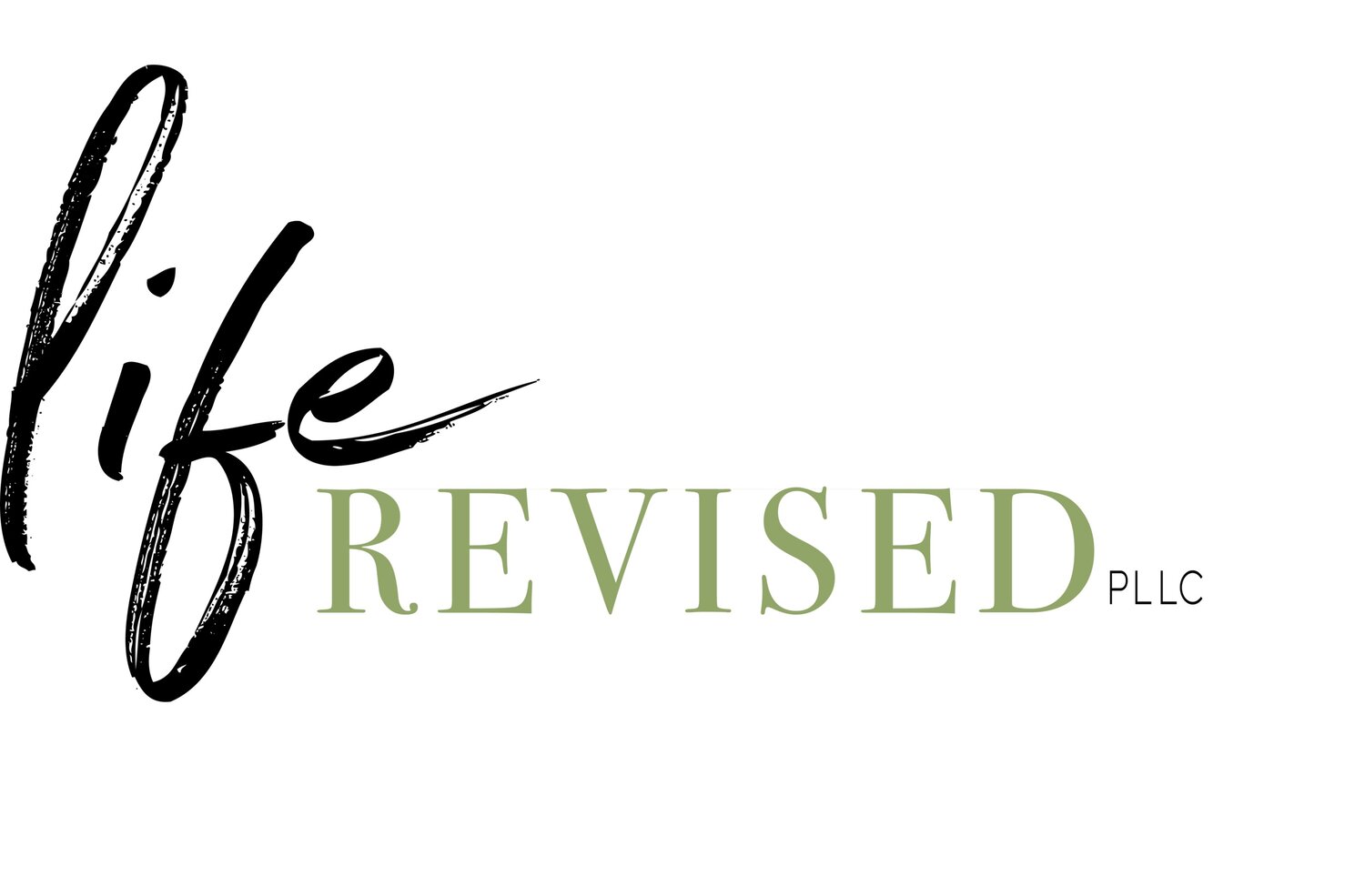The Essential Element to Improve How You Feel
We all want it.
More peace of mind.
More joy.
More love, connection and belonging.
BUT how do we get there? How do we improve how we feel?
There is an essential element to improving how we feel.
It is increasing our AWARENESS.
We can not change what we don’t acknowledge, which is why awareness is essential in cultivating better feelings in our lives.
It is simple, but not easy.
It is much easier to distract ourselves and avoid being aware by scrolling on our phones, working longer hours, fixing other people’s problems and numbing with food and substances. Especially when being aware feels uncomfortable or painful.
The good news is even if you are a chronic avoider, you can increase your awareness in order to create real change in your life that enables to feel good and not just numb and distracted.
“Self-awareness allows you to self-correct.” – Bill Hybels
Create a regular time and space.
If you want to increase awareness, you will need to create time and space in your busy day to do it. It doesn’t have to be for a long period of time. A few minutes a day will do. Just create enough time to slow down and be still without any distractions. If you set aside time to do this on a regular basis you will be more likely to stick to it consistently. The more you practice, the better you will get and the more awareness you will have. It could be as simple as setting aside a few minutes daily to practice mindfulness at your desk, taking some time at night to journal or a weekly therapy appointment.
Practice mindfulness.
Mindfulness is the practice of noticing the present without judging it and without trying to change it. It is the practice of being aware. In the time and space you have chosen to practice increasing awareness, let yourself begin to notice. It may help to close your eyes or start by taking some deep breaths.
Become aware of your body.
Mentally scan your body. Become aware of the sensations in your body. What sensations do you notice? How intense are they? Do they move or change as you become aware of them?
Become aware of your feelings and emotions.
Are there any feelings or emotions attached to the physical sensations in your body? Even if not attached to the physical sensations, what emotions do you feel? There may be more than one. You may feel numb. There are no right or wrong answers. Just notice and become aware of what you are feeling. Can you name the feeling or feelings that you are aware of? Do not judge yourself. Do not try to change the feeling. Just become aware that it is there.
Become aware of your thoughts.
Notice what thoughts you are having. Is your mind busy or blank? Become aware of the various thoughts that come across your mind. Again, don’t judge them. Let them come and go. You can write them down if you find it helpful.
Guided Relaxation Audio
Listen to this 12-minute guided relaxation and feel your stress melt away!
Reflect on past behavior.
Have you ever driven to to work, only to get there to realize you don’t remember the drive because you were jamming to your favorite song or were deep in thought about somethings else? We do this all of the time. Many of our behaviors are habits that are on automatic pilot. We are doing the behavior but don’t have awareness of what we are doing. Think about the times you have felt good or bad. How did you behave? Did your behavior make you feel better or worse?
Analysis.
After you have spent some time becoming aware of your bodily sensations, emotions, thoughts and behaviors, you have information that you can analyze. What do you think the reason is that you are feeling this way? What obstacles are getting in the way of you feeling better? What do you have control over? What don’t you have control over? Do you notice any patterns or themes?
Awareness gives the knowledge you need to decide what changes you need to make in order to improve how you feel.
“And you? When will you begin that long journey into yourself?” – Rumi
Did I leave anything out? Leave a comment and let me know how self awareness has helped you to improve how you feel.
Disclaimer: The information provided in this blog post is for educational and informational purposes only. It is not intended to be a substitute for professional advice, diagnosis, or treatment. Always seek the advice of your therapist or other qualified healthcare provider with any questions you may have regarding a medical or mental health condition. Never disregard professional advice or delay in seeking it because of something you have read in this blog post. The author and publisher of this post are not responsible for any actions or inaction you may take based on the information presented in this post.
































